Huawei responds to national security fears as ban debates continue
Berlin, Germany - It's safe to say China is catching up to the West when it comes to innovation. Whether it's in the car industry, information and communication technology, or renewable resources, Chinese companies are reaching the very top in huge numbers.
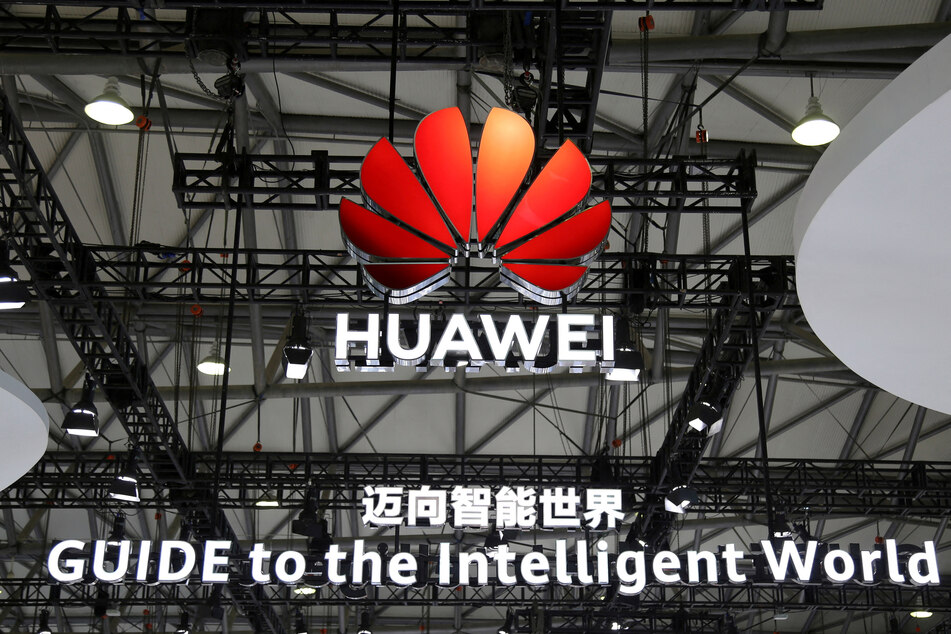
One of these rising giants is Huawei, set up in 1987 and now employing more than 207,000 people.
Headquartered in the southeastern Chinese metropolis of Shenzhen, right next to Hong Kong, Huawei was briefly the world's largest cell phone manufacturer in 2019.
The company founded by entrepreneur Ren Zhengfei is today the global leader in equipment for 5G technology. That, however, is precisely what has many Western governments spooked – from the US, to Britain and the European Union.
So, can China snoop on mobile communications? Could the Chinese Communist Party cripple network infrastructures at will? Are Western countries at the mercy of Chinese power?
Will Huawei be banned in Germany in 2023?
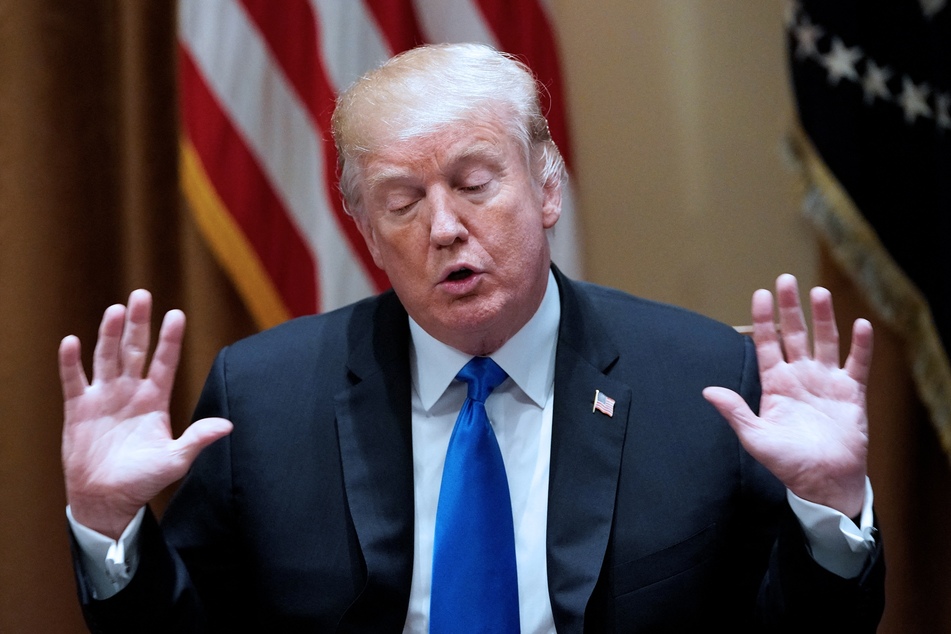
Ever since then-President Donald Trump banned all US companies from working with Huawei tech in 2019 – a move taken further by his successor, Joe Biden – several countries have followed suit, including Canada, Australia, Sweden and the UK.
Now, a European powerhouse is seriously considering joining that list. Germany is currently looking into all network components provided by Huawei, with Germany's Federal Ministry of the Interior increasingly concerned over national security.
The EU's internal market commissioner, Thierry Breton, has gone even further, calling Huawei tech a "weapon against our interests."
But what does the Chinese company actually say about these heated debates and stinging accusations?
Huawei Vice President of Corporate Communications Carsten Senz speaks exclusively to TAG24
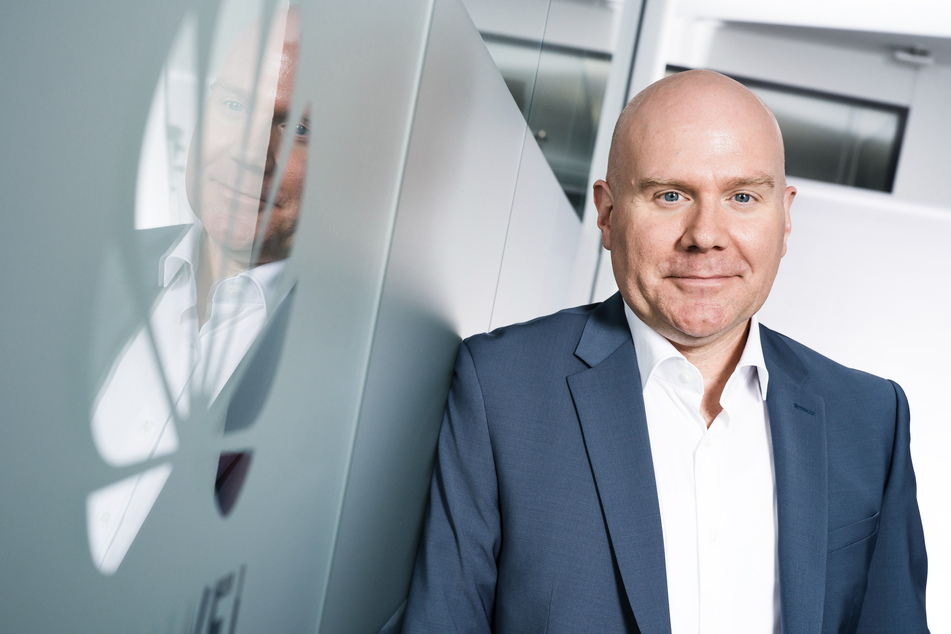
TAG24 NEWS sat down with Huawei spokesperson Carsten Senz to answer these and other questions.
The 49-year-old, who studied in China and joined Huawei in 2010, is now Vice President of Corporate Communications.
TAG24: Mr. Senz, what's your stance on the current discussion about your company being banned in Germany?
Senz: For us, this debate is unfortunately very far from the reality of the situation. We are a supplier of antennas that are installed and used by mobile operators, such as Telekom or Vodafone. That's where our influence ends.
TAG24: The main accusation is that Huawei could tap into the cell phone data of German users and spy on them.
Senz: We need to do away with a cliché: firstly, there is no pipeline to China through which data is transmitted. Secondly, we have no access whatsoever to the data from these mobile networks. It's all held by the mobile network operators and extremely well protected. Huawei is a supplier of antennas, so we wouldn't even have the possibility to carry out any spying.
No "kill switch" for China to shut down networks through
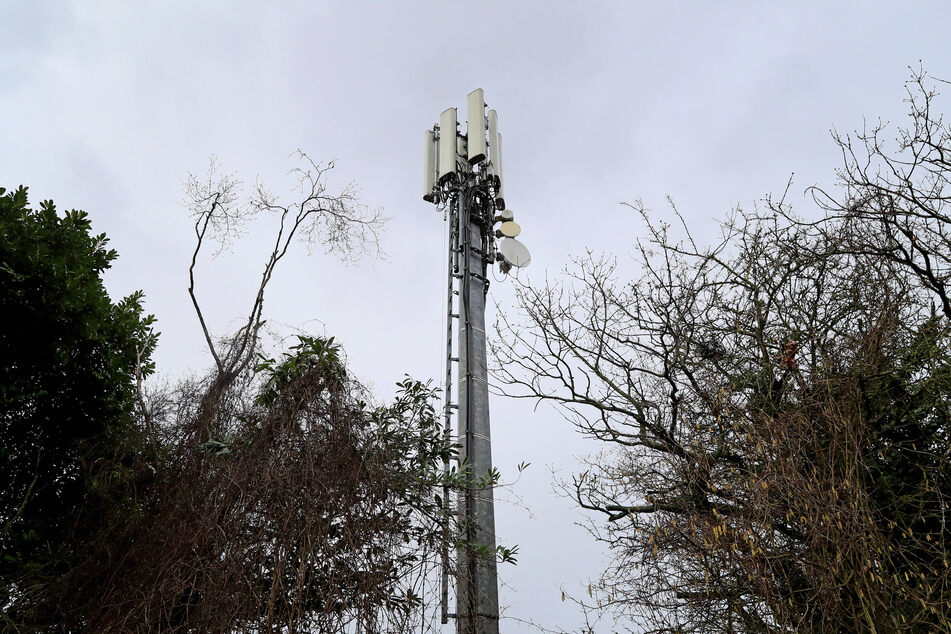
TAG24: And what about the possibility that China, in the event of a conflict or economic war, could just switch off these technical components in the 5G antennas, crippling the internet?
Senz: There's this famous image of a kill switch, a button that you press in China and then all the digital networks in Europe go down. Such a thing does not exist and is not technically possible.
There is not just one big network out there – each mobile network operator has its own network, with its own suppliers. The software is managed by the network operators in a high-security network that isn't connected to the internet.
So there's no way to switch off or reprogram these networks or even individual components from the outside.
TAG24: But do you understand the fear that lies behind these debates?
Senz: I understand it very well, especially as a German. China has risen rapidly in recent years, due to many different factors. First and foremost, the size of the country: 1.4 billion people, all of whom believe that you can achieve anything through education.
And now lots of Chinese companies are rising to the top of the global market, while at the same time Europe has been slowing down. That's where the forces are shifting.
Huawei is "not a state-owned company"
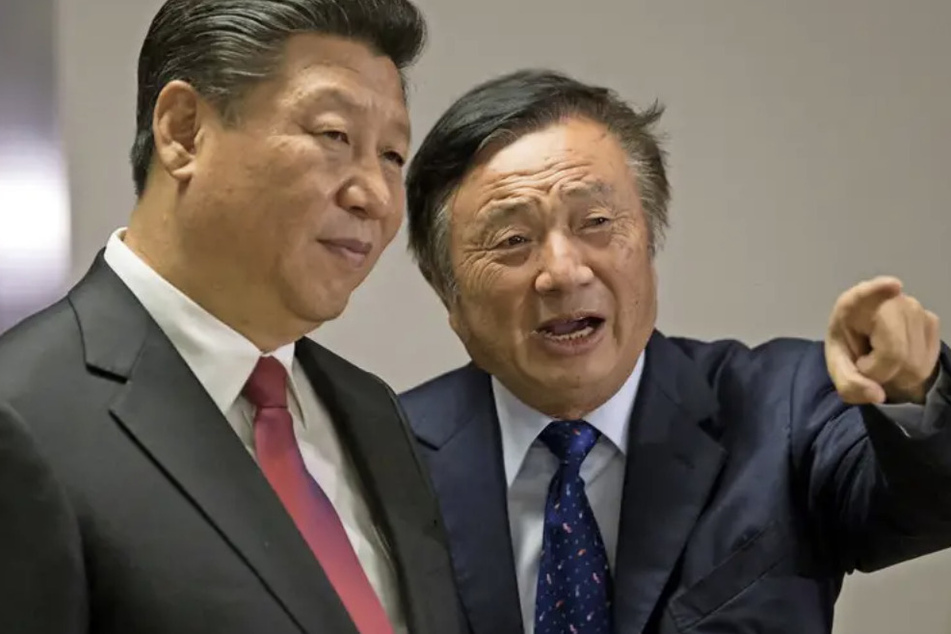
TAG24: But the fear is also very much related to China's authoritarian policies and the possibility of the communist party tapping into the global presence of Chinese companies like Huawei – twisting arms, if necessary.
Senz: We are not a state-owned company, we are a private company. Our shares are not publicly traded, they are owned by 140,000 Huawei employees – the Chinese state has no access to them.
Even if the state could act on Huawei, it wouldn't be able to get at foreign data, because as I said, that's held by individual network operators, so not in China.
TAG24: Based on what you're saying, is much of the criticism motivating the push to ban Huawei more emotional than objective?
Senz: The whole discussion is dominated by emotions and a certain type of black-and-white thinking. The shades of gray are missing. There's also no evidence whatsoever that we have done anything wrong in the last 35 years. Unfortunately, it's all suspicion with no factual basis.
But new experts keep popping up in the media to criticize Huawei without any concrete knowledge. It's often politically driven and always emotional. I would like to see more real telecommunications experts who stick to the facts, because we have been able to answer all the technical criticisms so far.
Germany is already lagging behind in technical progress
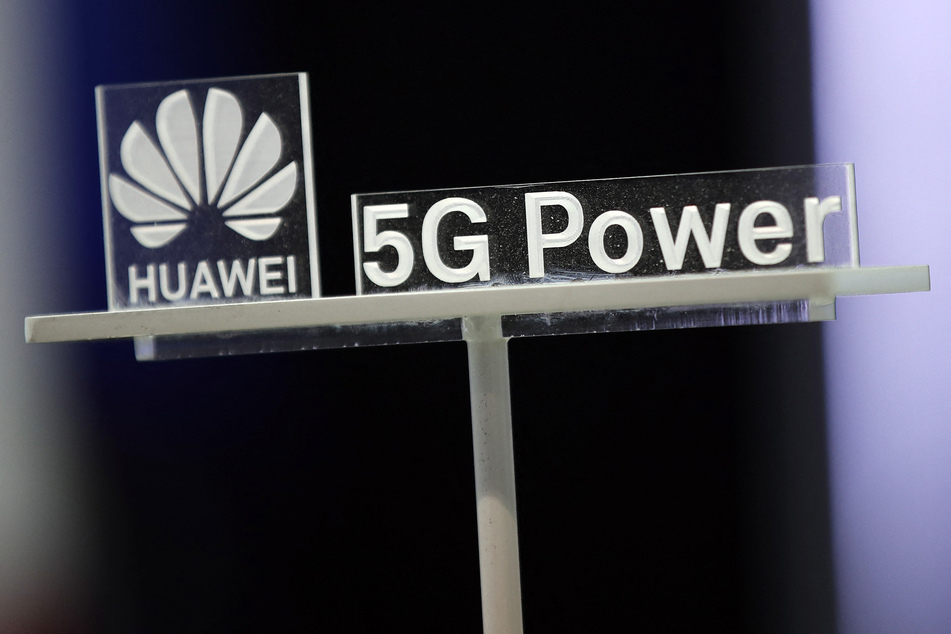
TAG24: What would happen if the use of Huawei technology is banned in Germany?
Senz: Firstly, I'm working with the assumption that this won't happen and that objective facts will prevail over emotional debates, because one thing is certain: Germany is already massively lagging behind in terms of technical progress in the use of 5G and new digital business models.
TAG24: So is Germany being left behind at the moment?
Senz: Well, Huawei is the global market leader in these technologies and our products are incredibly innovative.
In Germany, the cities and regions with Huawei technology are ahead in network tests. Where we have been excluded in Europe, the European Commission's own statistics show that these countries are falling behind in the rankings.
Sweden was the first [EU] country to exclude us and now has the worst 5G nationwide coverage among all 27 EU countries. No one could possibly want that for Germany.
And once again, this is what we're offering: we are always ready to have all processes and technologies put to the acid test to convince specialists that our components are harmless to Germany's national security.
Apart from that, country of origin shouldn't play a role in whether you're allowed to operate in Germany, should it? That would be pure discrimination.
TAG24: Thank you for the interview.
Cover photo: REUTERS